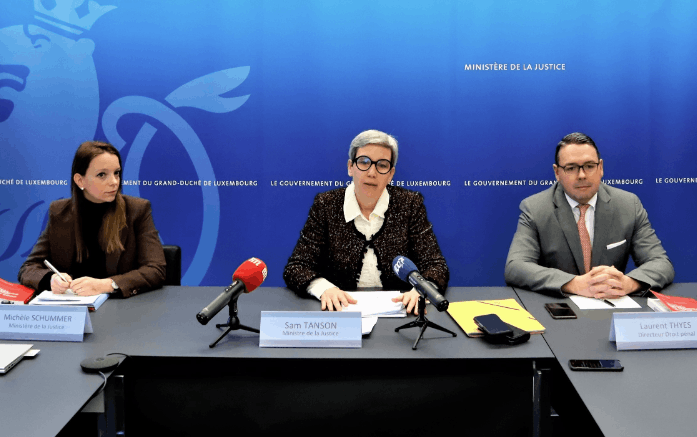The law wants to provide a balance between the protection of fundamental citizen rights and the provision of information to authorities and electronic communication operators in the context of safeguarding public and national security and combating serious crimes.
Should it be voted in, the bill will limit the quantity and nature of personal data that can be collected and stored, making data storage the exception rather than the rule.
Exceptions include IP addresses assigned to the source of the connection, personal data linked to civic identity and some traffic and location data. These can, as was underlined in a statement issued by the ministry, only be stored in relation to national security and criminal activities monitoring for a maximum of six months, though the period might be extended in some circumstance. Judicial authorities and the Luxembourg State Intelligence Service (Srel) can access the data in those cases.
This project was part of the 2018-2023 coalition agreement. The draft law now has to be discussed by the state council and the chamber before being voted in parliament.
